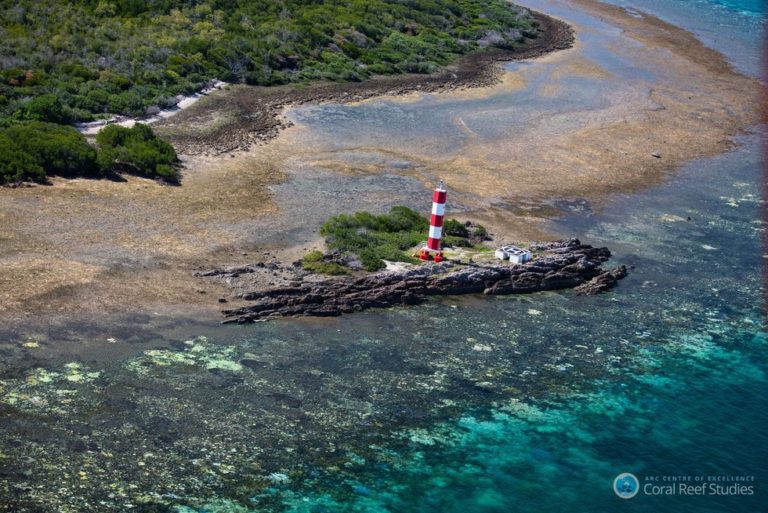By John Hood June 20, 2016
In Paris this past year, 190 met and discussed Climate Change and what their countries were prepared to do to combat it.
How does this meeting affect you, the average citizen or me? So there is more CO2 in the air, what effect does it have on me and my family? What’s the bottom line here?
We as a civilization, have had many years of reading, cultivating, and searching for answers but do we want to hear the answers to the hard questions? I see my role as an Ambassador for the University as a liaison between gathering, reporting information and informing to the public answers to the hard questions.
How long have scientists been studying the effects of CO2 in our atmosphere? The first report I’ve read is from 1992 and the most current one is collaborated between Many professional at various Universities as late as May 2016.
Their findings are earth-shattering and we need to hear them and for Humanities sake, LISTEN.
We are all travelers, few of us have originated in the country we live. When we do we are called indigenous which does not mean we are ignorant, but rather we are stewards of the land and it is our responsibility to recognize this bound and support it. In 1854, Chief Seattle, tried to tell a Great Nation, what their families experience with the land meant and still means today. The powers of the day heard but did not listen, as their minds were closed. Now in this, the 21st Century, we a large body of people who have their minds open, so that their eyes can see, but, the information needs to be more in the public’s conversations.
What’s does higher CO2 mean to you and me? How does it affect my bottom line? One of the distressing findings is that the structure of pollen has changed. The worlds pollinators who rely on it for food are having to work harder to get the same amount of protein nutrient from it, says, Professor of Entomology, May Berenbaum, of the University of Illinois.
In an article written by Lisa Palmer, dated May 10, 2016, it informs the reader that over 100 previous studies have shown that the protein levels in pollen is changing. The air quality has shown through studies as far back as 1959 that the CO2 levels are increasing to some, as some scientists say,dangerous levels. Now there are some professional people out there who aren’t to concerned about these levels increasing because there is some evidence that some plants actually grow faster with higher CO2 levels, but at what cost.
Some new findings have demonstrated that the Carbon which was once thought of being stored in the soil is no longer the case sometimes. Due to the fact that the plants are growing so fast, that their roots are drawing in the carbon.
So here’s what I’m reading from the various studies I’ve looked at:
– pollinators are decreasing in numbers
– the chemical makeup of pollen is changing and the balance between protein and sugar is gone.
– the quality of food for human consumption is decreasing.
– projections of parts of our a Human family being deficient in Calcium, magnesium, iron, and other trace elements is very real.
– wheat, rice, soy are all going to be or are already being affected by the higher levels.
The time of discussion should be set aside and now we need people to step up to the challenge, for it is working together that we will find a solution or many different solutions to the important problem.
Source of information gathered for this publication:
The Jasper Ridge Global Change Project
December 2002;
University of California
Journal of Nature Climate Change
April 2014;
Purdue University
April 2016
www.sciencedaily.com/releaser/2016/04/
160413113420htm>
Indiana University
July 2012
www.sciencedaily.com/releaser/2012/
12710115849htm>
Samuel Mayers
Harvard’s School of Public Health
Lisa Palmer
May 2016
www.e360.yale.edu/feature/bee_collapse_CO2
Hon. Agricultural Advisor for the Royal Court of Rochefort,
Ambassador for Energime University
The Gardening Guru,
John Hood






